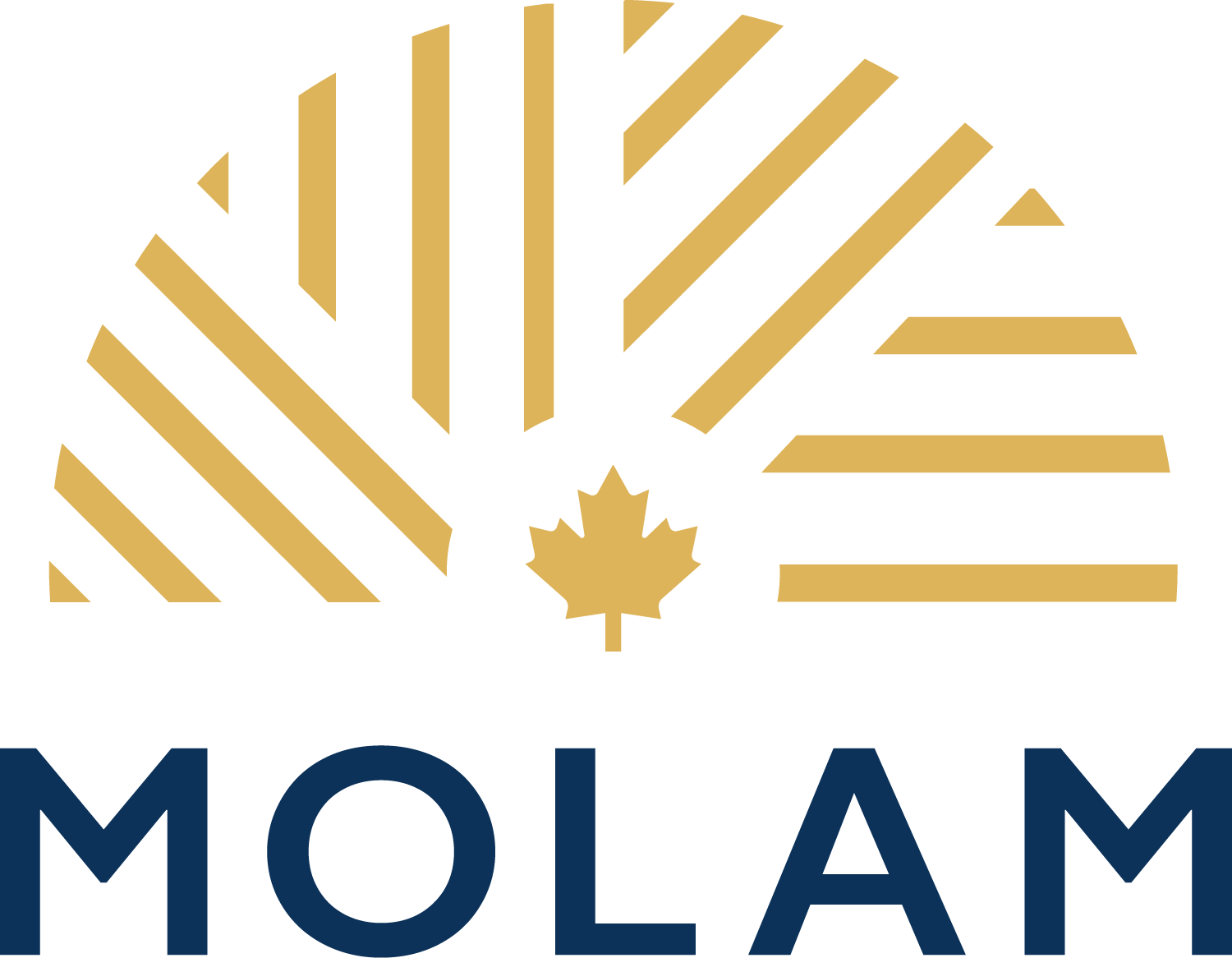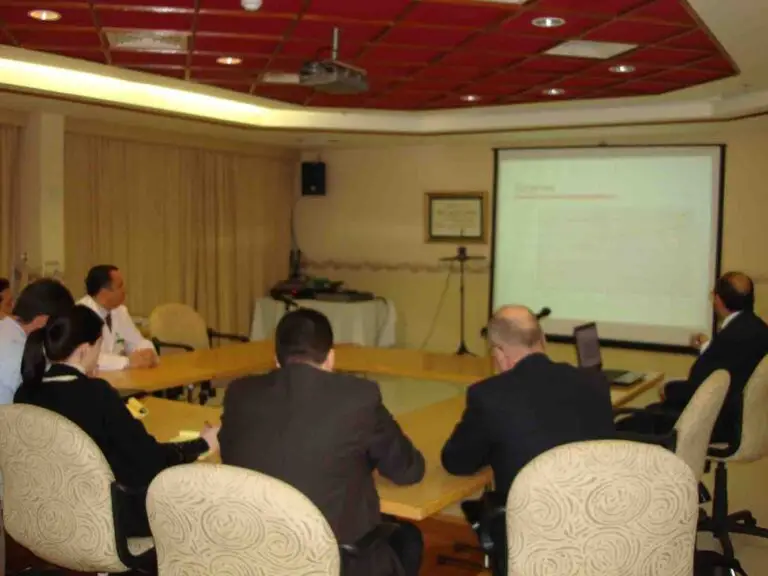Introduction
In the world of healthcare, inefficiency is costly, not just in dollars, but also in terms of delays, disengaged staff, and diminished patient outcomes. Many hospitals and health systems struggle to identify where waste is occurring, especially when it’s buried in outdated processes, duplicated roles, or misaligned technology. That’s where MOLAM’s operational audits come in.
Why Operational Audits Matter
Unlike financial audits, which focus strictly on numbers, operational audits delve into the systems, workflows, and resource allocation that drive day-to-day healthcare delivery. They ask critical questions like:
- Are multiple staff members performing the same task in different departments?
- Is technology being underutilized or misapplied?
- Are patients experiencing delays due to fragmented coordination?
These audits go beyond surface-level performance metrics to uncover the root causes of inefficiency, enabling leaders to see what is truly holding their system back.
Common “Hidden Costs” We Reveal
MOLAM’s audits consistently uncover cost sinks in areas that leaders may assume are working fine. Some examples include:
- Redundant administrative roles doing overlapping tasks
- Outdated manual processes that could be automated with existing tools
- Unclear decision authority, causing slow approvals and workflow bottlenecks
- Inefficient scheduling systems that underutilize staff or delay care
- Vendor contracts with unused services or poor ROI
What makes these costs “hidden” is that they rarely appear in standard reports — yet they quietly erode budgets and performance.
Our Audit Methodology
At MOLAM, we use a structured, evidence-based framework tailored for each organization. Our process includes:
- Stakeholder Interviews & Observations: To capture real-world insights, not just reported data.
- Workflow & Role Mapping: To detect duplication, misalignment, or unnecessary layers.
- Performance & Utilization Analysis: Leveraging available data to compare actual vs. optimal operations.
- Opportunity Matrix: A prioritized roadmap of changes with estimated savings and impact.
Every finding is supported by a clear business case, enabling leadership teams to make confident, data-informed decisions.
Tailored and Compatible for the Global Markets
While our methodology is rooted in Canadian quality standards, MOLAM customizes each audit to the local context. We factor in:
- Cultural norms and hierarchies
- Public vs. private sector dynamics
- Regulatory and policy environments
- Technology adoption readiness
This ensures our recommendations are not only effective but also implementable.
The Outcome: Savings, Simplicity, and Strategic Clarity
Clients often report savings of 10–20% in administrative overhead alone, but the benefits go beyond finances:
- Leaner, more agile organizations
- Higher staff engagement and role clarity
- Faster patient journeys
- More time and money to reinvest in care delivery
Operational audits aren’t just about cutting costs — they’re about building more intelligent and sustainable systems.
Ready for an Operational Checkup?
If you’re unsure where your hidden costs are lurking, MOLAM can help you identify them. Our audits are designed to illuminate your blind spots, drive strategic alignment, and put your resources where they matter most — patient care.
👉 [Contact Molam]




